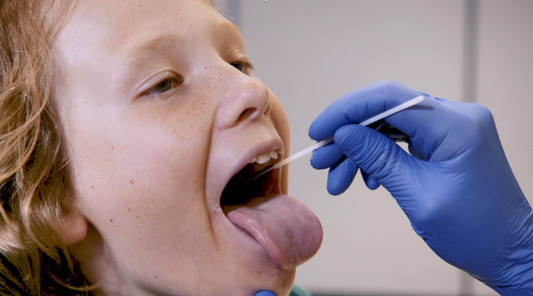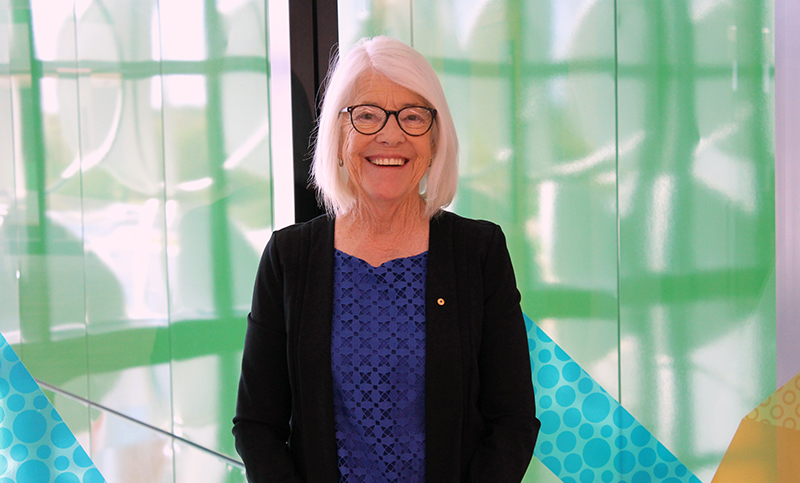Search

News & Events
COVID tests well tolerated by WA school kidsA study conducted across 40 WA schools has found COVID-19 testing using a combined nose and throat swab was well tolerated by children as young as 4 years.

News & Events
Minderoo Foundation funds vaccine trial to protect WA healthcare workers from COVID-19At least 2,000 WA healthcare workers will help test whether an existing tuberculosis vaccine can reduce their chance of COVID-19 infection, lessen the severity of symptoms and boost immunity.

News & Events
Community advocate jumps on board with new COVID-19 advisory groupLike many of us, consumer and community advocate Catherine Hughes is worried about the impact of COVID-19. So she joined Australia’s first COVID-19 consumer reference group to be a voice for the community.

News & Events
Rapidly assembled advisory group to offer community take on COVID-19 researchThe speed with which research projects on the coronavirus have been put together has consumer advocates concerned that a vital voice will be missing – that of the community.
Research
Containing Coronavirus Disease 19 (ConCorD-19)Chile has been hard hit by COVID-19, at times reporting around 6500 new cases a day, with many of these located in the capital Santiago.
Research
Can positive mindsets be protective against stress and isolation experienced during the covid-19 pandemic? A mixed methods approach to understanding emotional health and wellbeing needs of perinatal womenThe aim of this study was to explore the relationship between emotional health and wellbeing and support needs of perinatal women during the COVID-19 pandemic, and to understand their experiences and need for support. This is a potentially vulnerable group and a critical developmental phase for women and infants.
Research
Impacts on Human Movement in Australian Cities Related to the COVID-19 PandemicNo studies have yet examined high-resolution shifts in the spatial patterns of human movement in Australia throughout 2020 and 2021, a period coincident with the repeated enactment and removal of varied governmental restrictions aimed at reducing community transmission of SARS-CoV-2. We compared overlapping timeseries of COVID-19 pandemic-related restrictions, epidemiological data on cases and vaccination rates, and high-resolution human movement data to characterize population-level responses to the pandemic in Australian cities.
Research
‘Corona is coming’: COVID-19 vaccination perspectives and experiences amongst Culturally and Linguistically Diverse West AustraliansCulturally and Linguistically Diverse (CALD) groups within high-income countries are at risk of being left behind by the COVID-19 vaccination rollout. They face both access and attitudinal barriers, including low trust in government and health authorities.
Research
Achieving universal electrification of rural healthcare facilities in sub-Saharan Africa with decentralized renewable energy technologiesA potential response to the COVID-19 pandemic in sub-Saharan Africa (SSA) with long-term benefits is to provide electricity for medical equipment in rural health centers and communities. This study identifies a large gap in the electrification of healthcare facilities in SSA, and it shows that decentralized photovoltaic systems can offer a clean, reliable, quick, and cost-effective solution.
Research
Variation in excess all-cause mortality by age, sex, and province during the first wave of the COVID-19 pandemic in ItalyAlthough previous evidence suggests that the infection fatality rate from COVID-19 varies by age and sex, and that transmission intensity varies geographically within countries, no study has yet explored the age-sex-space distribution of excess mortality associated with the COVID pandemic.
